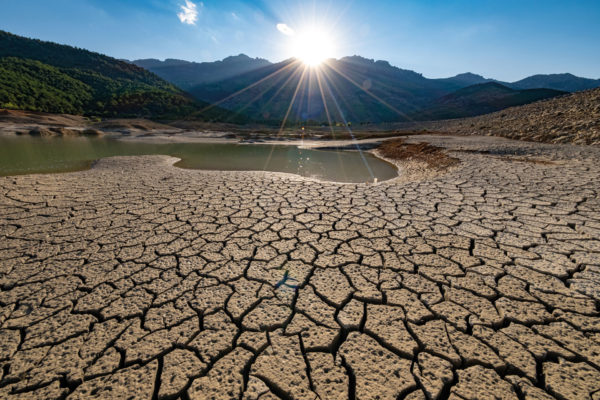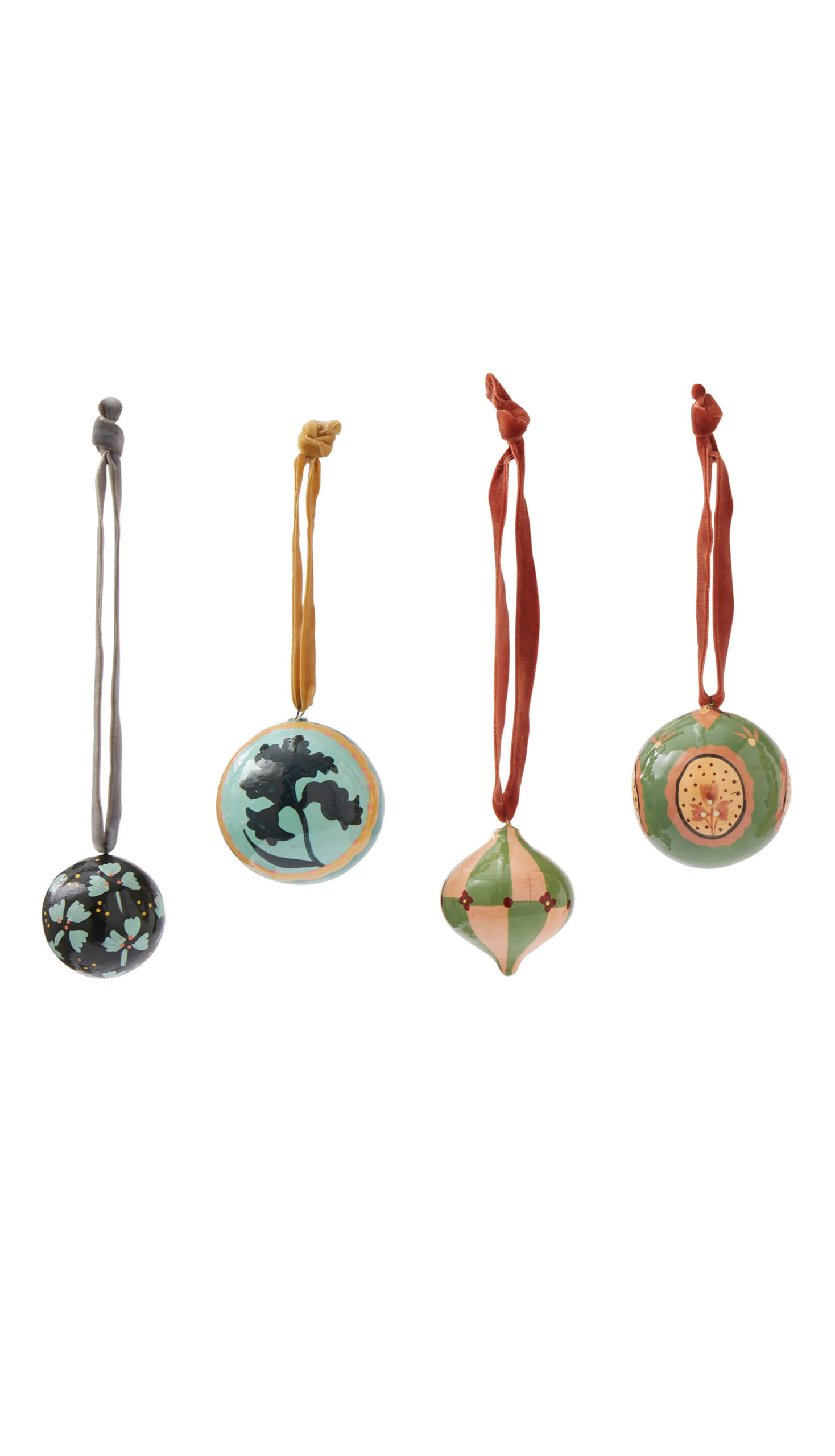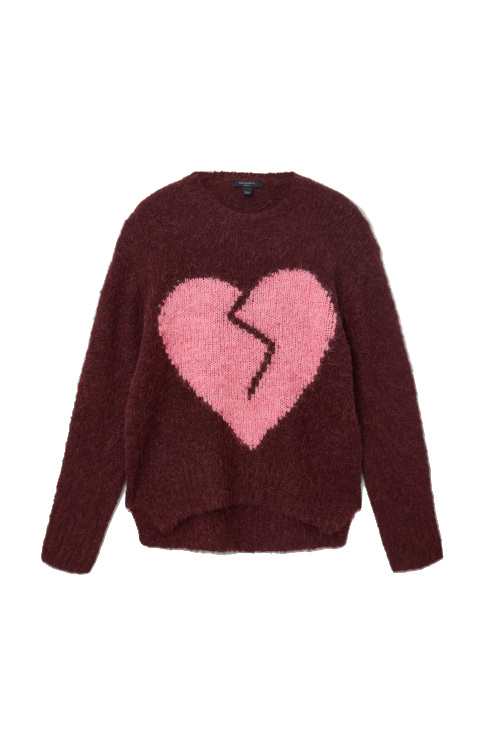The Positive Disruptor: Is Your Career Harming the Planet?
By
3 years ago
Be part of the solution, not the problem

Is your career harming the planet, and should you change how you earn your money to fight climate disaster? asks C&TH’s conservation columnist, James Wallace.
C&TH Supports River Action to Help Clean Up Britain’s Waterways
The Positive Disruptor: Is Your Career Harming the Planet?
According to the World Bank, £2.7 trillion was generated by the sweat of a 67 million UK population in 2021, which equates to around £40,000 per person. It’s no surprise that economies, obsessed with perpetual growth, should measure success through the lens of production and consumption.
But at what cost? With Gross Domestic Product as the gauge of our collective work output, what’s the impact of our jobs on the environment that sustains us?
Despite decades of warning, from building farty cars and serving fast food to financing fossil fuels and marketing plastic landfill, our nine-to-fives still feed the deathly spectres of global warming, soil depletion, habitat destruction and river pollution. Hiding behind greenwash ‘Corporate Social Responsibility’ and offsetting emissions and guilt won’t do. With a biocapacity deficit of 4.8 gha (global hectares per person), we Brits stomp the tenth worst ecological footprint in the world, with our livelihoods causing five times more damage than workers in Bangladesh or Ethiopia.
When was the last time anyone dared to ask themselves: is my job part of the ecocidal problem or ecological solution? Our careers are mainly viewed as a sacred, personal expression of our free will, in the free market. We were taught to aspire to promotion, fortune, status, fame even.
However, many of us feel this clash between person and planet deeply. It took me until I was 30 to realise that my corporate job was not only laying waste to nature, but making me ill and unhappy. I took the plunge 20 years ago and ever since have earned well and helped heal rather than exploit. Self righteous? No. Just common sense.
It’s obvious that doing whatever it takes to polish a gleaming career with a fat salary is futile if the supermarket shelves are empty and the rivers run dry. And it feels good to replenish rather than deplete. I’d bet my home that the number of workplace depression and anxiety cases would plummet if we all signed up to ethical earning. Whole nations are doing it: Bhutan has had a Gross National Happiness Index since 2008. In the same period, GDP has doubled from $1.2billion to $2.4billion.
Ask yourself then how you can contribute to the solution, count the true costs of production, create future-proof technologies, grow food regeneratively, empower the next generation or make buildings and clothes from future-friendly materials. How can you change your organisation from within, or leave and join others on the same mission?
Imagine what we could do if we all committed to health generation, not just wealth, and made sure every pound we earned was a positive contribution to our combined future. Imagine how good that would feel. A pipe dream perhaps but it’s about time we talked about how we earn our money not just how we spend it. An ethical career in the wellbeing economy awaits everyone who wants it.
Think Differently, Act Now
READ… Doughnut Economics by Kate Raworth to see how to meet the needs of all within the means of our planet. kateraworth.com/doughnut
RATE AND COMPARE… Employers with transparent insights from Glassdoor. glassdoor.co.uk
LEARN… How to be a socially responsible intrapreneur or entrepreneur with Skoll Foundation. skoll.org
REGISTER… Your organisation as a B Corp and start your journey into ethical business. bcorporation.uk
RECRUIT… For green experts with Green Jobs (greenjobs.co.uk) and Environment Job (environmentjob.co.uk/jobs)
James Wallace is a trustee of River Action, riveractionuk.com






















